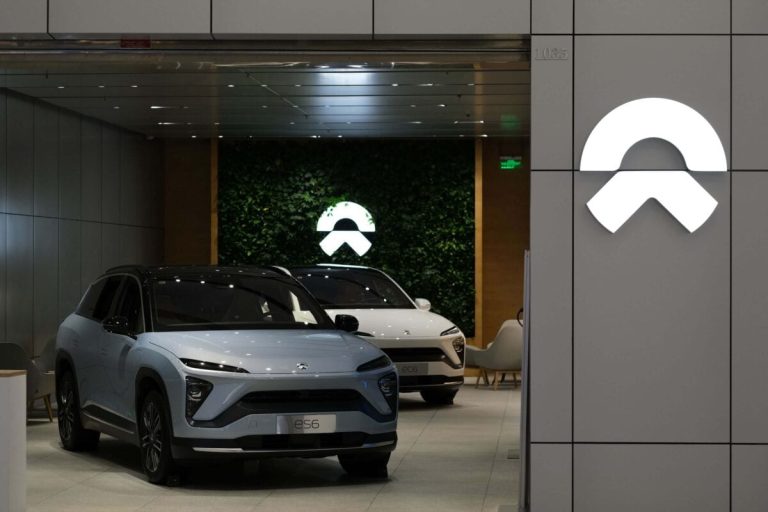
Latest Trends in Luxury Jet Airplanes: Innovations and Market Insights
Takeaways: The luxury jet market is witnessing exciting innovations, including eco-friendly designs and advanced technology. Demand for private jets continues to grow, driven by affluent travelers seeking comfort, privacy, and flexibility. Notable manufacturers are leading the way in enhancing passenger experience with state-of-the-art amenities.
The luxury jet industry is evolving rapidly, with innovations that enhance the travel experience while addressing sustainability and technology trends. From the introduction of sustainable aviation fuels to the integration of state-of-the-art technology, luxury jets are becoming more than just a means of transportation; they are a statement of lifestyle and status.
Emerging Innovations in Luxury Jet Design
One of the most significant trends in the luxury jet market is the increasing focus on sustainable aviation. Manufacturers are investing in research and development to create more eco-friendly aircraft. For instance, the use of sustainable aviation fuels (SAF) has been gaining traction, with companies like Boeing leading the charge. These fuels can reduce carbon emissions significantly, making private aviation more environmentally friendly.
In addition to sustainability, luxury jet designs are also incorporating advanced technology features. The latest models boast high-speed internet connectivity, advanced entertainment systems, and smart cabin management systems that allow passengers to control lighting, temperature, and entertainment options from their personal devices. Companies such as Airbus and Bombardier are at the forefront of these innovations, offering jets that prioritize passenger comfort and convenience.
Furthermore, cabin designs are becoming more luxurious and tailored to individual preferences. Customizable interiors are now a norm, with options for bespoke furnishings, advanced soundproofing technologies, and even wellness features such as air purification systems and exercise equipment. The Gulfstream G700 is a prime example, showcasing a spacious and adaptable cabin that can be personalized according to the owner’s desires.
Market Trends and Consumer Preferences
The demand for luxury jets is on the rise, driven by a growing number of high-net-worth individuals and a shift in travel preferences. The COVID-19 pandemic has accelerated this trend, as many affluent travelers now prefer private flying to avoid crowded commercial flights. According to a report from PrivateFly, private jet charters have surged, with many first-time users exploring this mode of travel.
In addition to demand, the market is also seeing an increase in fractional ownership and jet card programs. These options allow consumers to access private jets without the full financial commitment of purchasing an aircraft. Companies like NetJets and Wheels Up have seen significant growth in these programs, providing flexibility and convenience for those who travel frequently.
Luxury jet manufacturers are also adapting to changing consumer preferences by offering more versatile aircraft that can serve various purposes. For example, some jets are designed for both business and leisure travel, with features that cater to corporate clients during the week and family vacations on the weekends. This adaptability is crucial in a market where consumers are looking for value and functionality in their travel experiences.
The Future of Luxury Aviation

As the industry evolves, so too will the experiences offered to passengers. Expect to see more emphasis on wellness and personalized services, with features that enhance the overall travel experience. Innovations like virtual reality entertainment options and gourmet dining experiences are likely to become standard in luxury jets.
With the combination of sustainability, technology, and consumer-centric design, the future of luxury jet airplanes is bright. As the market continues to expand, aviation enthusiasts and high-net-worth individuals alike will have access to a new era of private flying that prioritizes both luxury and environmental responsibility.





